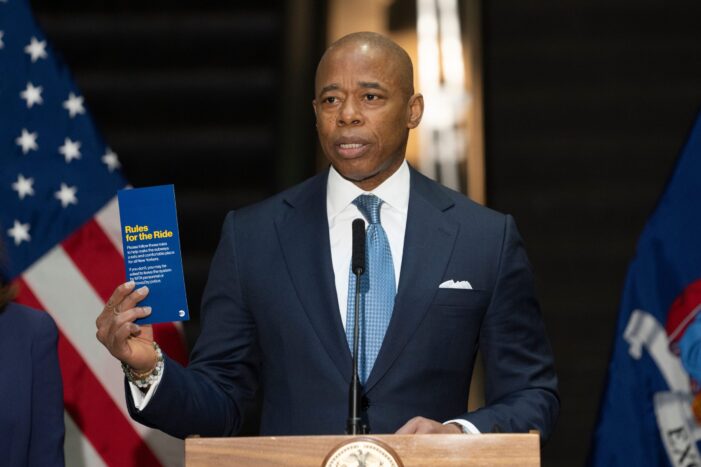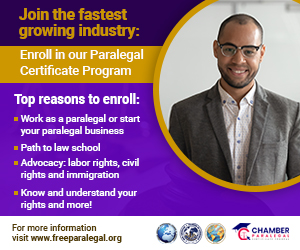Editorial credit: lev radin / Shutterstock.com
As mayor, it is my sacred duty to keep New Yorkers safe. I campaigned on making New York City a safer place to live, work, and raise a family, and now, after a little over a year and a half in office, we continue to see the results. Shootings are down an incredible 27% through the first 7-months of this year, and, so far this year, we have removed almost 4,000 illegal guns from our streets. Murder, robberies, and burglaries are all down, it is safer to ride on the subway, and hate crimes have declined.
This is the result of intervention–targeted, precision policing, but also a prevention-based approach to tackle the root causes of crime. The loss of even a single life due to violence is a tragedy. So, while we can all acknowledge the progress made, we must also keep working proactively in order to remain the safest big city in America.
That is where our recently released Blueprint for Community Safety comes in. The blueprint — developed by our Gun Violence Prevention Task Force with support from Governor Kathy Hochul — is a $485 million-dollar plan that will double down on our public safety efforts. It will take a 360-degree, holistic approach to further reduce gun violence by investing in our most impacted communities, supporting our young people, and mobilizing every level of city government to make prevention-based approaches to public safety their top priority.
Ending gun violence requires more than enforcement. It requires attention and investment, and the blueprint is built on a community development approach that focuses on preventive measures and long-term strategies.
We sought to answer a key question: How can we stop the violence before it happens on our streets? With the help of community members, our task force landed on seven key strategies. These include trauma-informed care, housing, employment, benefits access, improving the relationship between the police and the community, community vitality, and early interventions to protect our youth.
Those investments are going towards programs with a proven-success rate, such as $22.5 million towards the “Work, Learn, Grow” program that offers year-round employment opportunities, and $6.6 million for job training for out of school and out of work youth.
We are also addressing the need for quality affordable housing, career training, and are involving violence interrupters, who can defuse violence before it starts.
We are starting our efforts by targeting six police precincts in the Bronx and Brooklyn, neighborhoods where we have seen the highest rates of gun violence, and we will expand to other neighborhoods over time.
Bringing down crime and gun violence doesn’t happen overnight. It takes precision policing combined with prevention-based strategies that look at the different causes of violence and take steps to address them.
Our men and women in uniform are tireless in their efforts to make New York City a better place to live and work. Our many agencies, social workers, and violence interrupters help defuse tensions and create opportunities for New Yorkers to live meaningful lives outside the web of violence. The numbers confirm that we are making great progress. But the work of public safety never finishes, and we must dam up every river that leads to the sea of violence. With this plan, we can create a stronger, safer, more livable city for all.




